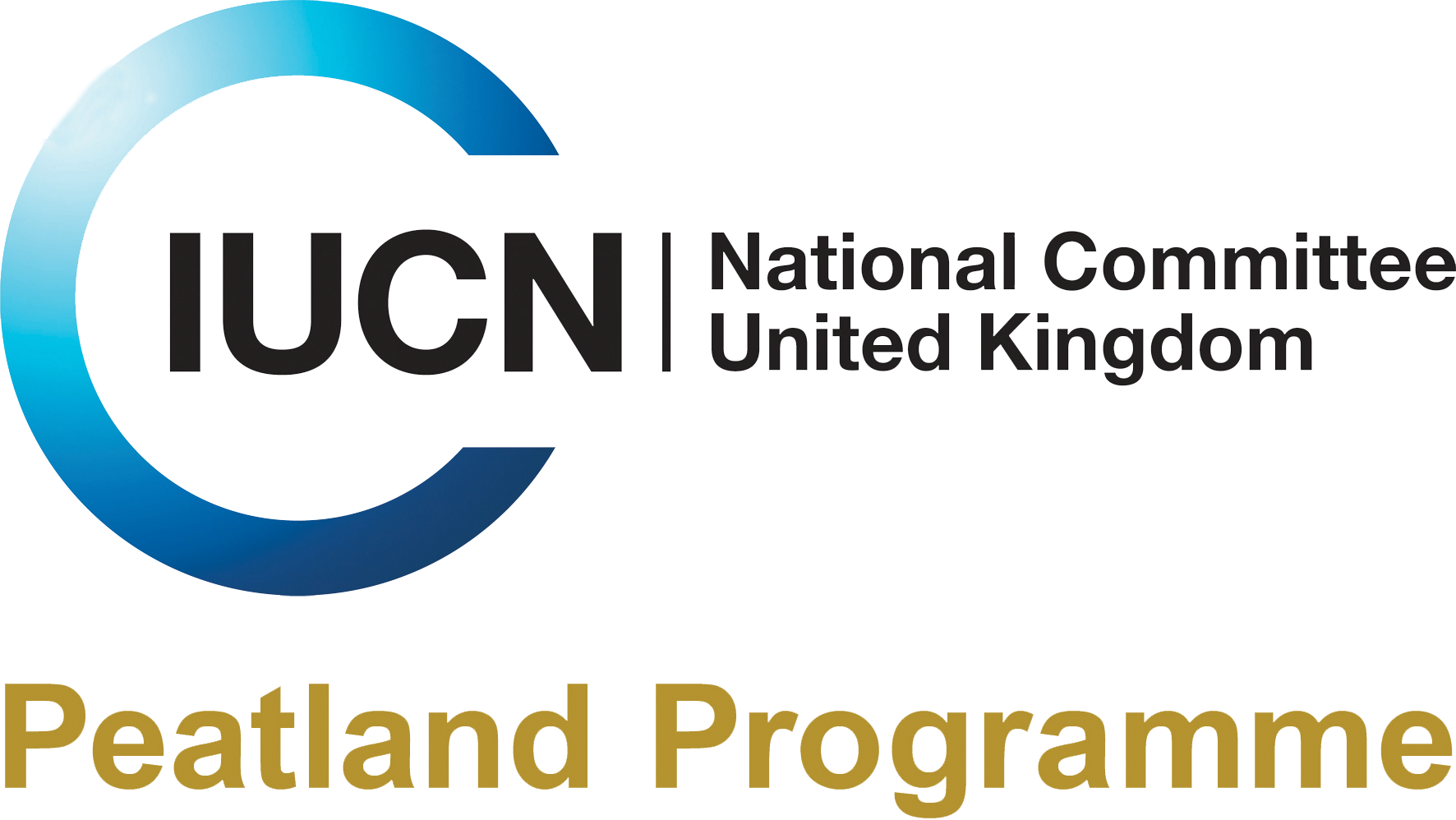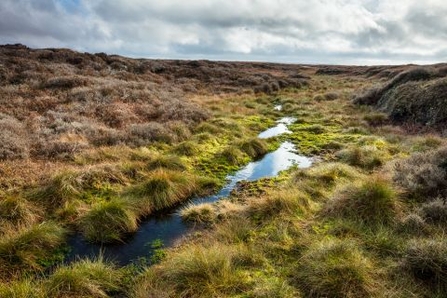In September 2022, MoorLIFE 2020, the landmark project which had been the focus of much of the work of Moors for the Future Partnership since 2015 came to an end. This occasion was marked by the publication of a swathe of reports from the Science and Monitoring work conducted by the Partnership over the project’s lifespan.
One six-year study found that planting Sphagnum reduces both the likelihood and severity of flooding, and that there was a 99.9% reduction in sediment generation as a result of revegetation, gully blocking and sphagnum planting combined. The study, the result of work between the Partnership, University of Leeds and University of Manchester, details, over seven parts, the impacts on ecosystem services of a range of blanket bog restoration techniques, including revegetation, gully blocking, and sphagnum reintroduction, both on bare peat sites, and those dominated by single species (hare’s tail cotton-grass, common heather and purple moor-grass). The report covers vegetation diversity; water table, soil moisture and overland flow generation; stream discharge; water chemistry and sediment generation and transport.

